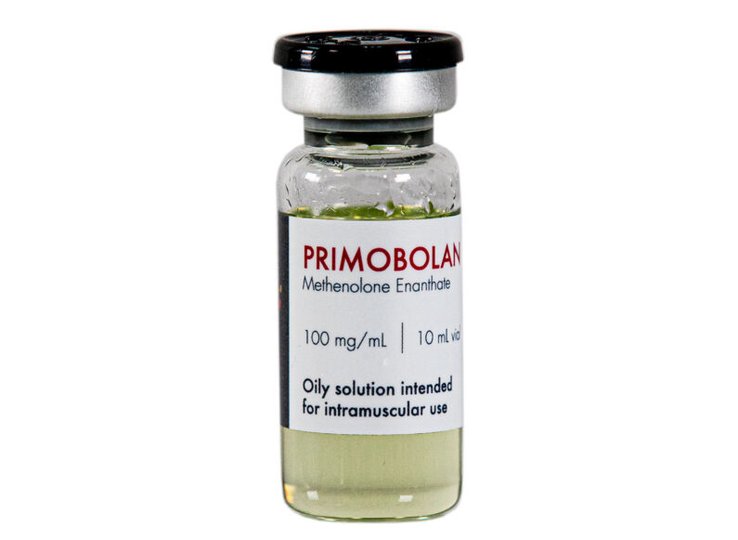Hormonal Imbalance and Related Effects
Suppression of Testosterone Production: Like other anabolic steroids, Methenolone can suppress the body’s natural testosterone production due to the external supply of synthetic hormones. This suppression can lead to hypogonadism, a condition characterized by low testosterone levels, which may necessitate post-cycle therapy (PCT) to help the body resume natural testosterone production.
- Symptoms of hypogonadism can vary depending on the age of onset and the level of hormone deficiency but may include impaired pubertal development, reduced sexual function, infertility, fatigue, and loss of bone mass or muscle strength.
Gynecomastia: Although less common with Methenolone due to its lower androgenic activity, there's still a risk of developing gynecomastia (enlargement of breast tissue in men) due to the hormonal imbalances steroids can cause.
Liver Damage
Hepatotoxicity: Methenolone, especially in its oral form, poses a risk of liver damage over time. The liver is tasked with metabolizing steroids, and the stress of processing these substances can lead to conditions like liver fibrosis or hepatocellular jaundice.
- Symptoms of hepatotoxicity vary depending on the severity and type of liver damage but typically include: jaundice, abdominal pain, nausea and vomiting, dark urine, pale or clay-colored stools, and swelling in the abdomen and legs.
Cardiovascular Risks
Cholesterol Imbalance: Anabolic steroids can worsen lipid profiles, typically by lowering HDL (good cholesterol) and increasing LDL (bad cholesterol). This imbalance contributes to arteriosclerosis, where arteries harden and narrow, elevating the risk of heart attack or stroke.
High Blood Pressure: There's potential for elevated blood pressure, which can strain the cardiovascular system, leading to long-term health issues like hypertension and increased cardiac workload.
DHT Related Sides
As a derivative of dihydrotestosterone (DHT), primo shares some characteristics with its parent compound.
Male Pattern Hair Loss: For those prone to MPH, Primo may exacerbate hair shedding.
Enlarged Prostate: This condition can lead to complications such as urinary retention and increased frequency of urination.
As symptoms may not show until advanced stages, it is essential to get regular blood work to monitor your biomarkers - especially since Primo is often stacked with harsher compounds.
FAQ & Recap
Does Primobolan cause hair loss?
Yes, Primobolan can cause hair loss, especially in individuals predisposed to male pattern baldness. It is a derivative of dihydrotestosterone (DHT), which can accelerate hair loss in those genetically susceptible.
Does Primobolan increase estrogen?
No, Primobolan does not increase estrogen. It does not aromatize into estrogen, which means users are less likely to experience estrogen-related side effects such as water retention or gynecomastia.
Does Primobolan increase fertility?
Primobolan can negatively affect fertility, as anabolic steroids may suppress natural testosterone production, which plays a crucial role in sperm production. Long-term use may lead to a reduction in fertility.
Does Primo raise DHT?
Yes, Primobolan can raise DHT levels. As a DHT derivative, its use can lead to an increase in DHT, which may contribute to androgenic effects such as hair loss or acne.
How long is Primo in your system?
Primobolan can remain in your system for around 4 to 6 weeks after your last dose, depending on factors such as dosage, frequency of use, and individual metabolism.
Disclaimer: This blog post is intended for educational purposes only and should not be taken as medical advice. Always consult your healthcare provider for personal health concerns.
